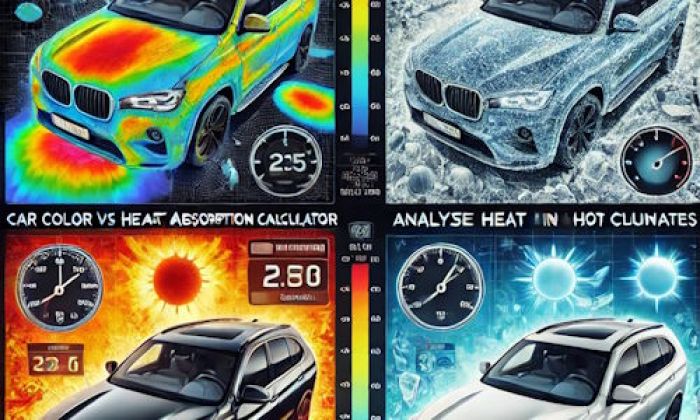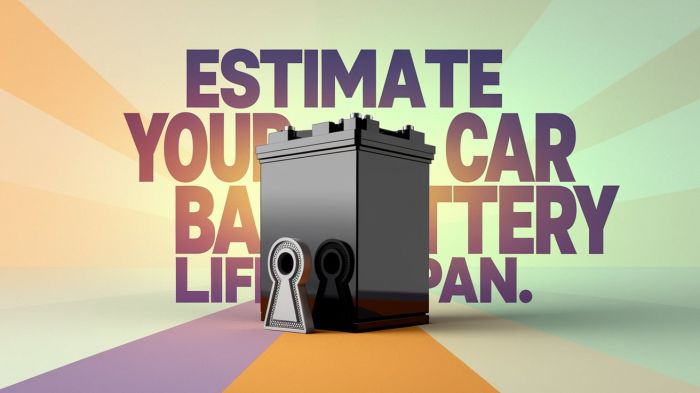We know that the big-displacement engines are out of trend now - they are not really eco-friendly and can be as fun to drive as turbocharged ones. But we still love those classic technologies when you have a lot of liters under your hood and can go 300K miles in your vehicle without repairing it every single week.
Today, we'll have a quick look at the problems and some key features of the 6.7L Power Stroke engine. This is a great unit but it still has some flaws you should know about.
.jpg)
Key features and my opinion about the engine
- Production years:2011-2016
- Average lifespan of 6.7 Power Stroke:240,000-270,000 miles
- Fuel supply type:Common Rail
- Power range:330-475 hp
- Fuel efficiency:average
- Engine block material:cast-iron
- Engine reliability score:medium
- The most common problems:turbo problems, cooling system issues, weak sensors, CP4 pump problems.
What about common problems with the Ford 6.7 Power Stroke?
We've gathered information from forums and other sources and we've also spoken to Ford mechanics to learn more about this engine. Unfortunately, authors and editors of Cararac.com have never owned a truck powered by the 6.7 Power Stroke diesel engine. But we tried our hard to dig more info for you.
And here's what we could find:
- Common Rail issues
The 6.7 Power Stroke engine uses Bosch common rail injection system with immense pressure - up to 1999 bar or 29,000 psi which is ridiculous. You can expect this system to fail and fountain away all your diesel fuel for seconds.
Unfortunately, it's not only very complicated in terms of technology but also extremely expensive to maintain and repair. First problems are likely to happen at 150,000 miles which is far too early to think about expensive repairs in such an engine.
- EGT failures
We've heard from all mechanics that EGTs or Exhaust Gas Temperature sensors malfunction in all trucks powered by the 6.7 Power Stroke engine. Specialists even recommend having another spare sensor with you just in case.
We should say that the problem occurs because of bad PCM software. In 2015, Ford admitted that and issued a service bulletin. So, any official Ford service station should easily repair this problem and prevent it from happening. But not for free, unfortunately.
- EGR issues
You have the EGR system to burn as much exhaust gases as possible while driving. And this is going to be a problem right after the vehicle hits 80,000 miles. After that, the EGR becomes one of your main headache sources and you should just replace it along with coolers and all other parts.
- Turbo problems
Turbochargers are pretty simple in this engine, but they still may fail. If you use Ford-recommended oil and filters, the turbocharger may survive up to 150K miles. But after that, you will still need to replace it.
Turbochargers also fail when you forget to change air filters or don't pay attention to minor problems with your Power Stroke engine.
- Fuel pump failure
Of course, you are going to experience some fuel pump problems because ensuring almost 2000 bar of pressure is extremely hard for this small unit. It will fail for the first time before the warranty is voided or finished, so you will have the chance to replace it for free. But then... This is not the cheapest part of your Ford truck.
- Engine sensor problems
From 2011 to 2015, this engine had a lot of minor electrical problems. If you don't know that a bunch of sensors is in charge, you will never diagnose it correctly. All sensors may fail and replacing some of them may be a challenging experience.
So, is the 6.7 Power Stroke good?
We still believe that the 6.7 Power Stroke is a solid engine with not so many problems. Yes, you will still need to maintain it and repair it correctly. But bear in mind that the average longevity of the Power Stroke 6.7L is thought to be about 300,000 miles. It's a reliable machine that will work well if maintained well.
About the authors
The CarAraC research team is composed of seasoned auto mechanics and automotive industry professionals, including individuals with advanced degrees and certifications in their field. Our team members boast prestigious credentials, reflecting their extensive knowledge and skills. These qualifications include: IMI: Institute of the Motor Industry, ASE-Certified Master Automobile Technicians; Coventry University, Graduate of MA in Automotive Journalism; Politecnico di Torino, Italy, MS Automotive Engineering; Ss. Cyril and Methodius University in Skopje, Mechanical University in Skopje; TOC Automotive College; DHA Suffa University, Department of Mechanical Engineering






Add comment